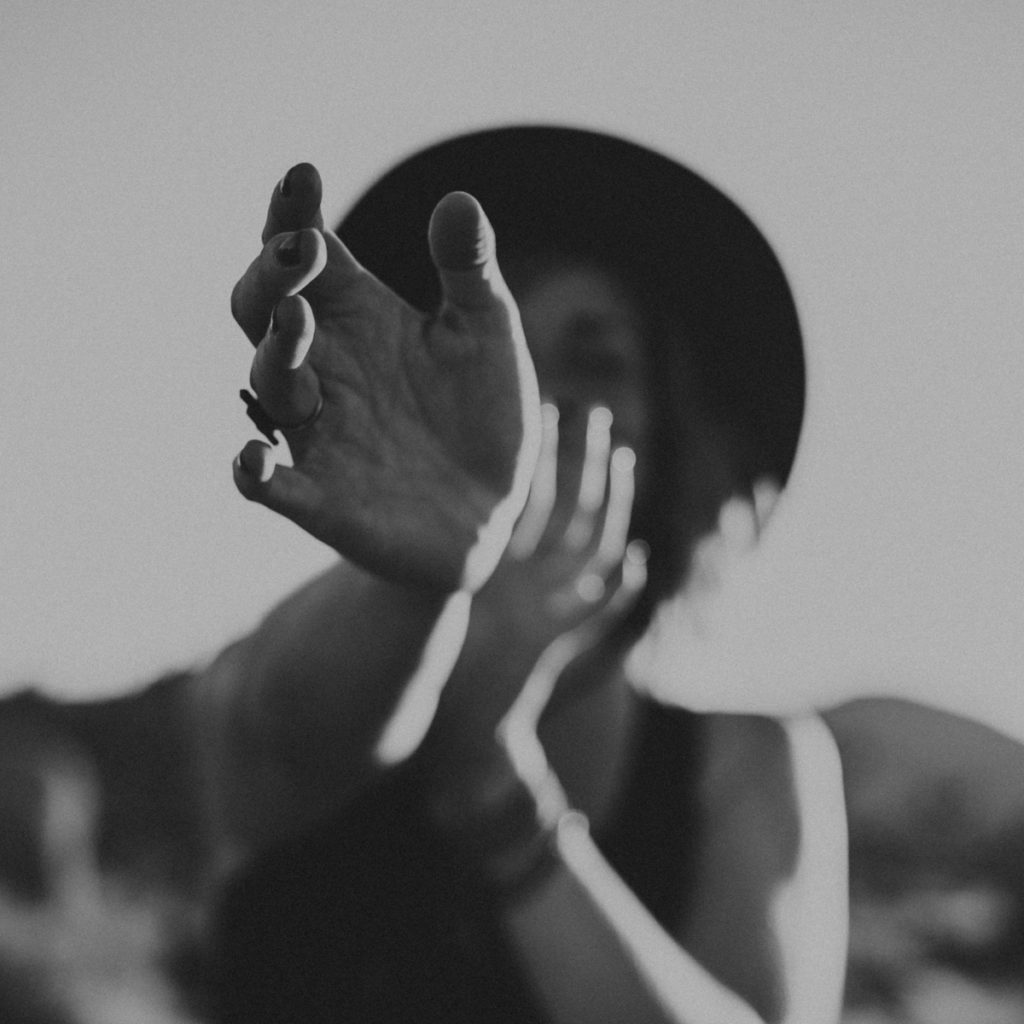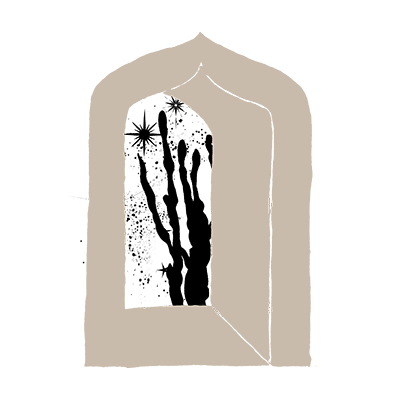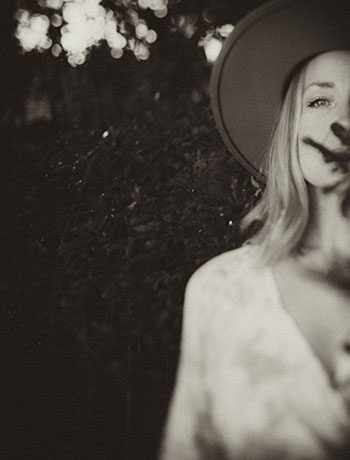“Our society is obsessed with clarity and light.” I read these words by Mari Andrew and they grabbed me by the throat.
We try to make meaning out of confusion before confusion has even done its transformative work on us; we value “transformation” as something sweet to exalt in — something we win when we’re “on the other side.”
We’re always trying to get to the other side, aren’t we? But what, really, is the murky, dark, cloudy experience of confusion when it’s not being pitted against the light of clarity?
Why do we judge the dark so harshly, and look so immediately for a way out of it?

In confusion, in murkiness, we are in liminal space. We are not what we were, and not yet embodying what’s coming — but we also have so much difficulty embodying what’s right here, right now. This: the dark, rich soil of our bodies and hearts, just as they are, in all their gloriously sensitive aliveness.
Notice if you obsess slightly (or a lot) with the end result of dark times (i.e. getting back into lighter feelings) as proof that confusion or pain has been “worth it.”
It’s not your fault. We have very little understanding of transformation without hitching it to an end result that’s pretty, profitable, shiny, marketable. We are trying to turn our lives and relationships into motivational quotes and don’t even realize it, because we are terrified of the murky space between worlds.
But this is the space where we find ourselves. Here, we are honest.
Many of us don’t have real, proper inner tools and resources to actively feel the sensation of confusion in our bodies without making it wrong. We were never taught to. Ours is a society obsessed with the finished product, and only if the finished product is pretty, clean, nice, comforting. We have little to no bandwidth for discomfort of any kind, especially when it comes to the kind of ego death that confusion brings up.
Who are we if we’re not who we thought we were?
I’ve become very, very interested in this psychic space. Interested in what’s gross about us, what we find detestable in other people. Interested in how we relegate sensation in the body to either good or bad, pleasant or intolerable, and how we outsource belonging to ourselves — feeling at home within ourselves — to only feeling clear and calm in our bodies.
“Fear is excitement without the breath,” Fritz Perls said.
Can we be with ourselves when discomfort is ravaging our bodies? Can we stand between worlds, not so concerned with who we are or what any of it means, but simply feeling sensation in our bodies: tight, hot, big, heavy, loud, strangled, open, and the excruciating pleasure of presence.
This, I believe, is love.
And it’s what we want from our partners — or from anyone who loves us: someone who will stay with us, even in the heavy, in the dark, in the murky and confusing. Someone who will not be waiting on us to have it “figured out.” Someone who knows that confusion is rich with existential aliveness, and the questions that create meaning in life, and sweetness.
We must learn to be these people for ourselves.
Not because we’re islands, and we have to meet every need by ourselves. But because we need a pathway in our own bodies for feeling this kind of permission. We need to know how to recognize and trust this kind of spaciousness in other people when they show up, and learn from one another that the dark is not the end.
Just like Solstice, it is simply a stand-still, and the beginning of the return of the light.

